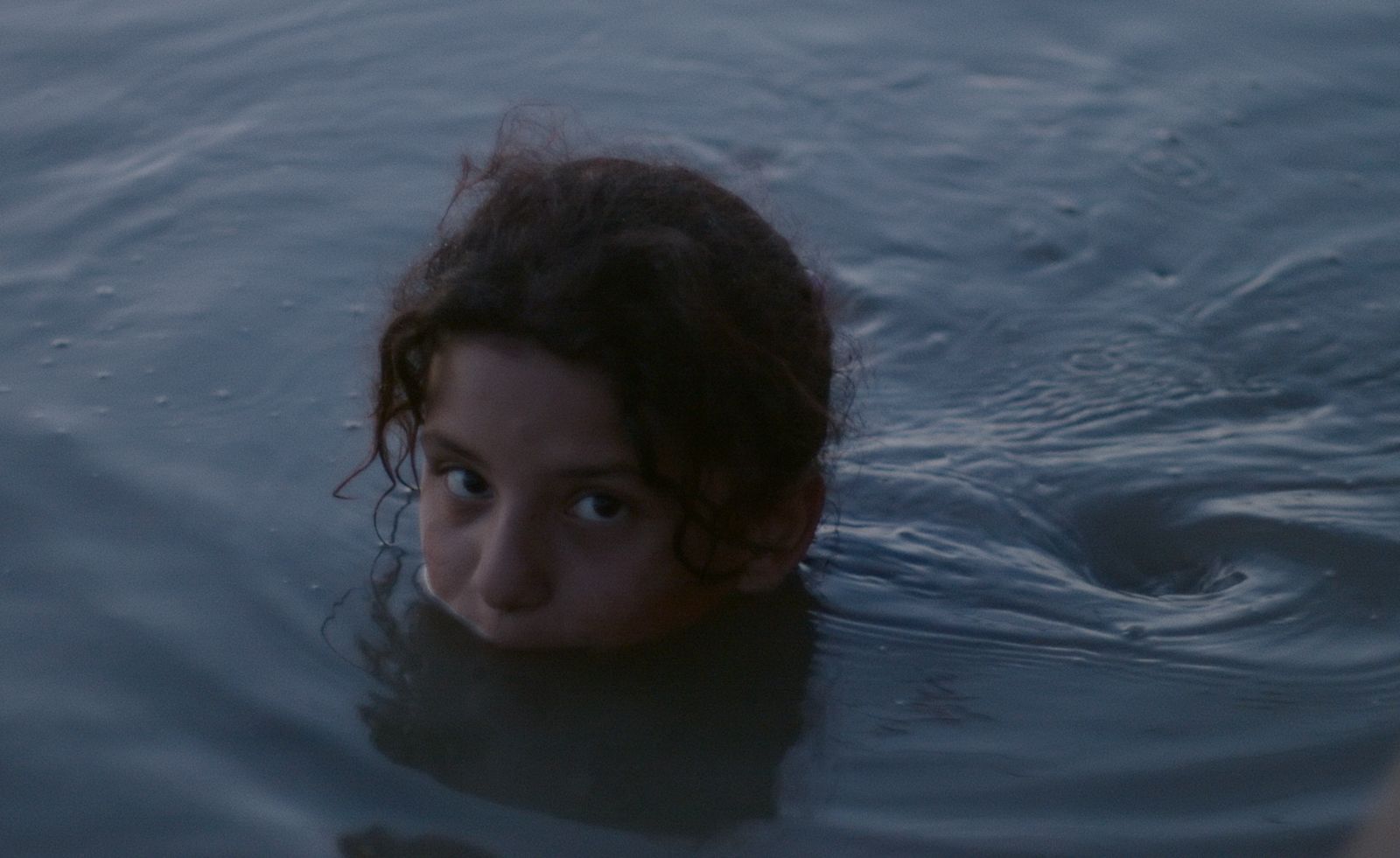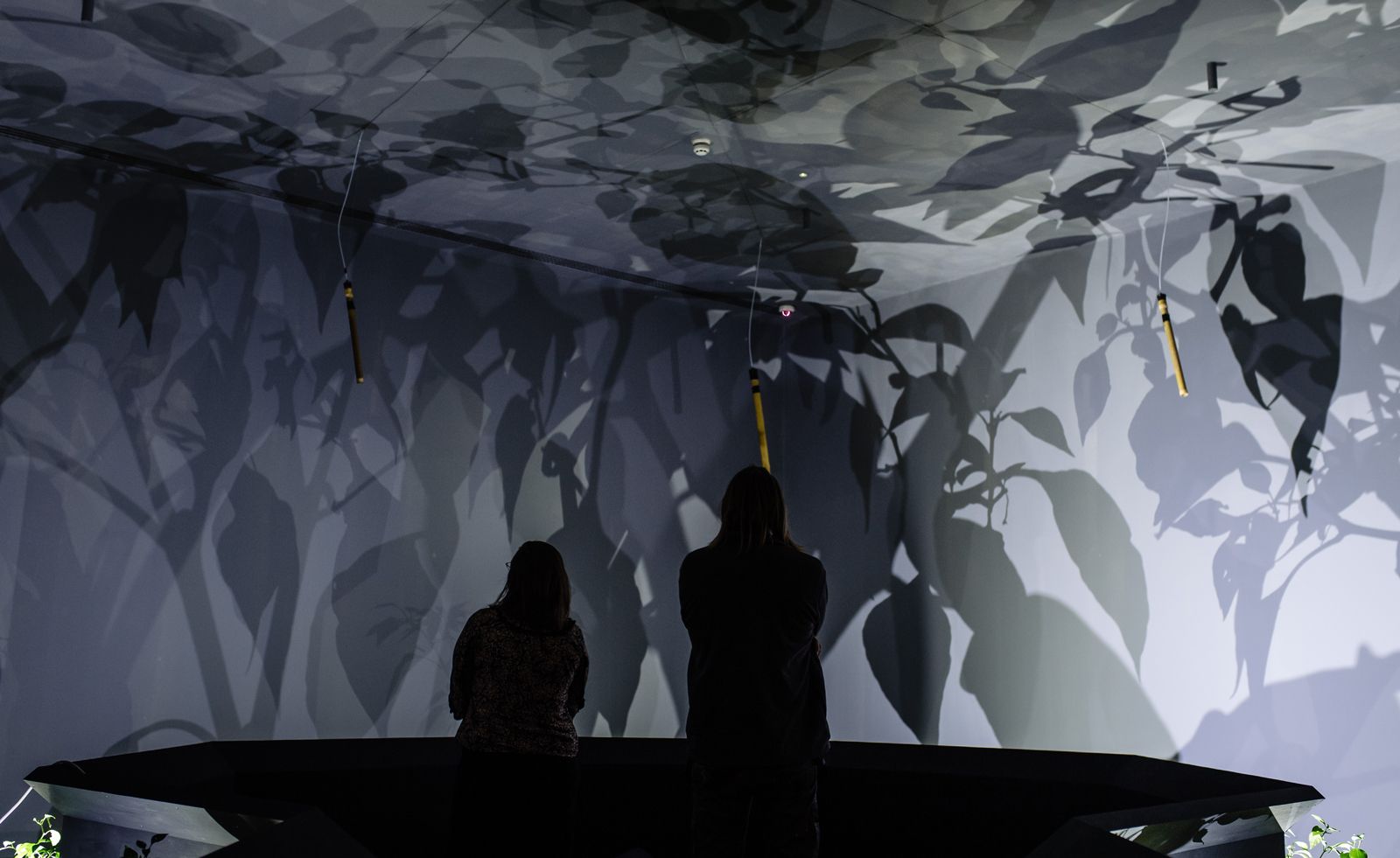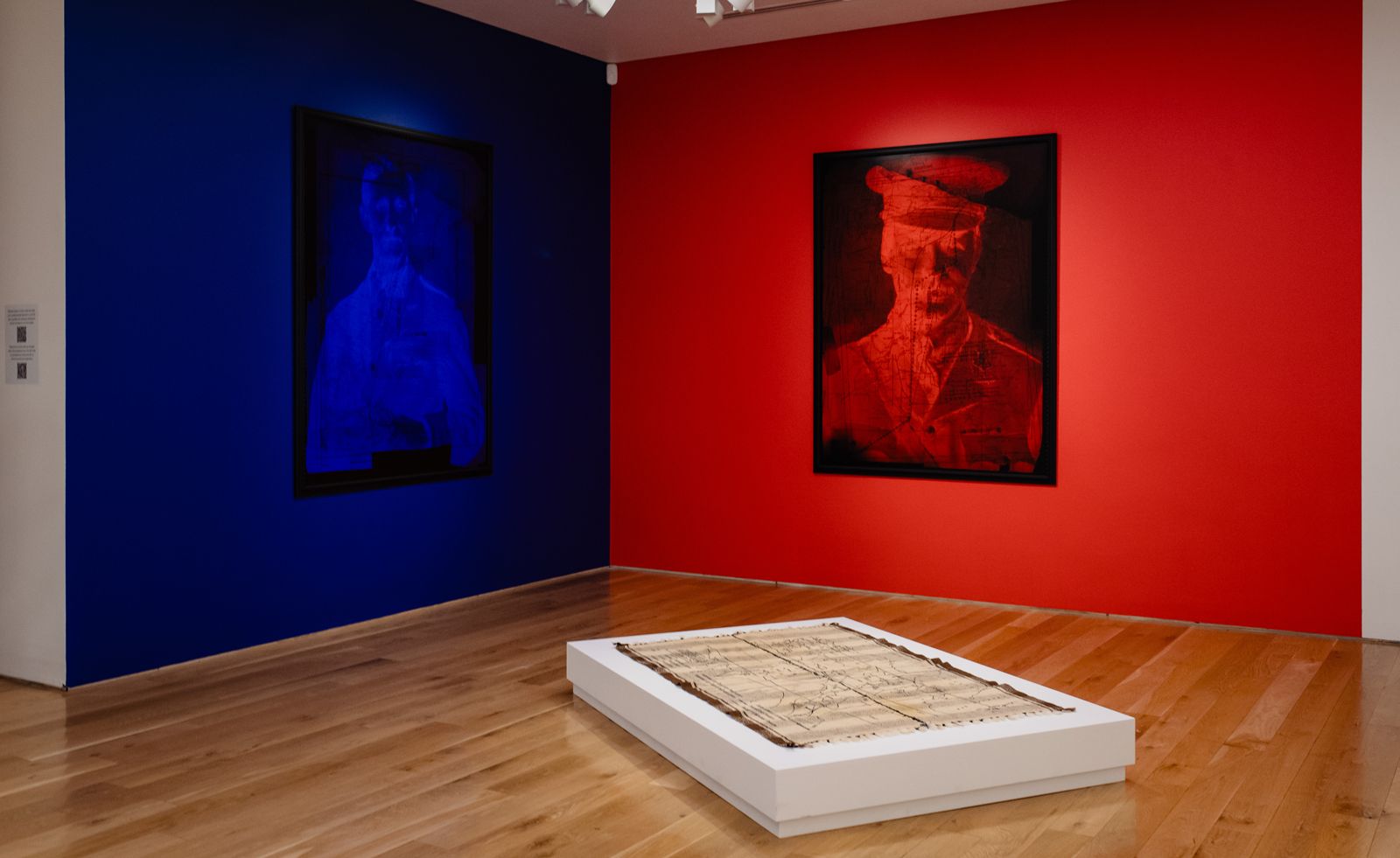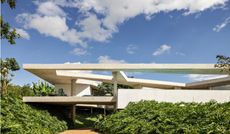Artists consider social realities for the Artes Mundi prize in Wales
The Artes Mundi, in its tenth edition, is based and exhibited around Wales and is headed up by Nigel Prince

The biannual Artes Mundi prize awards artists working internationally whose work deals with social reality and lived experience and is the UK’s largest art prize at £40,000. Past winners include Theaster Gates, John Akomfrah, Yael Bartana and famously the most recent prize was awarded to all five nominees Firelei Báez, Dineo Seshee Bopape, Meiro Koizumi, Beatriz Santiago Muñoz, Prabhakar Pachpute and Carrie Mae Weems.
Now in its tenth edition the prize, which is based and exhibited around Wales, is headed up by Nigel Prince who has also curated this year’s exhibitions. This year’s artists Mounira Al Solh, Rushdi Anwar, Alia Farid, Nguyễn Trinh Thi, Taloi Havini, Carolina Caycedo and Naomi Rincón Gallardo are taking place in different venues across the country in a series of curated exhibitions rather than in one central location for the first time.
“This is the first edition which is pan Wales,” explained Artes Mundi director and exhibition curator Nigel Prince. “We were keen to consider the context of a particular venue in a particular part of Wales. We asked what the issues and ideas and communities and peoples that existed around them and whether each artist would resonate in that particular context and environment, and community set of relationships.”

Mounira Al Solh, Rushdi Anwar and Alia Farid are installed at Cardiff National Museum with an additional show of work by the South African artist Berni Searle who was the recipient of the 2016 Derek Williams purchase price.
Al Sohl’s commissioned work for the exhibition was created through gathering of accounts from migrants from the Middle East living in Cardiff realised in the portrait series I strongly believe in our right to be frivolous (2012- ongoing) and an embroidered sculpture made with women in the Netherlands and Lebanon. Dealing with trauma, migration, loss and memory Al Shohl has also shown a series of paintings.
Rushdi Anwar’s work also deals with memory but alongside borders, displacement and colonial legacies. We have found in the ashes what we lost in the fire (2018), 12 boxes containing burnt photographs Anwar, who was born in Halabja, Kurdistan (Kurdistan-Iraq, found on visiting a burnt out church in Bashiqa, Iraq, this installation is shown with maps, texts and literature dealing with the myriad results of displacement and how they manifest in different places with a focus on West Asia or the Middle East.

Farid’s takes on many forms from textile, to film to large-scale sculpture and deals with identity and politics. In this exhibition are huge, colourless containers for water, supersized but stripped of all their colour and with a small sink built into them, alongside the film Chibayish (2022) which was made in marshlands of southern Iraq where the Tigris meets the Euphrates and features Farid’s conversations with children as they navigate the water.
“First and foremost it's speaking to their immediate audience, their immediate background, their immediate context and environment,” explained Prince. ”I think then thematically it starts to be these connections between all three of them to do with working in unique ways, with these connections around displacement of individuals, populations, or communities put into exile populations and the indigenous population of a particular area of land, being affected by corporate or global issues that then have environmental repercussions, displacement repercussions or repercussions through war and conflict.”

Taloi Havini who has work, Hyena (day and night), in Chapter in Cardiff which looks at the matriarchal legacy of caring for the reef in the Nakas/Hakö in local Bougainville, Australia where she is from through combining photographs her mother had taken of a reed that she has then photographed years later as it heels from years environmental damage and a multi-channel film work at Mostyn, Llandudno. This is with work including Verses of Filth (2021), Sonnet of Vermin (2022) and Eclipse (2023) by Naomi Rincón Gallardo who looks at climate damage and gender identity in Mexico through a surrealist, lens with humour, music and a dose of chaos and on the front of the building is a huge, backlit work by Carolina Caycedo who deals with the impact of the climate with a larger installation at Oriel Davies Gallery, Newtown
Nguyễn Trinh Thi’s work at Glynn Vivian Art Gallery in Swansea is And They Die a Natural Death (2022), which reacts in real time to environmental changes in Vietnam’s Vinh Quang-Tam Da, triggering, fans, light and music, experienced in a meditative space, surrounded by plants.
Artes Mundi is a special prize not only due to the number of successful artists who has been awarded over time, but also as the art world increasingly turns to social and environmental issues, these shows are very much of the zeitgeist, chiming with world events. Never has it been more relevant.
Artes Mundi 10, Presenting Partner: Bagri Foundation until 25 February 2024
Wallpaper* Newsletter
Receive our daily digest of inspiration, escapism and design stories from around the world direct to your inbox
Amah-Rose Abrams is a British writer, editor and broadcaster covering arts and culture based in London. In her decade plus career she has covered and broken arts stories all over the world and has interviewed artists including Marina Abramovic, Nan Goldin, Ai Weiwei, Lubaina Himid and Herzog & de Meuron. She has also worked in content strategy and production.
-
 Gallery Fumi makes LA debut with works from Max Lamb, Jeremy Anderson and more
Gallery Fumi makes LA debut with works from Max Lamb, Jeremy Anderson and moreFumi LA is the London design gallery’s takeover of Sized Studio, marking its first major US show (until 9 March 2024)
By Tianna Williams Published
-
 Brazil’s Casa Subtração contrasts dramatic concrete brutalism with openness
Brazil’s Casa Subtração contrasts dramatic concrete brutalism with opennessCasa Subtração by FGMF is defined by brutalist concrete and sharp angles that contrast with the green Brazilian landscape
By Ellie Stathaki Published
-
 Level up at the The Residence, Claridge’s new André Fu-designed penthouse
Level up at the The Residence, Claridge’s new André Fu-designed penthouseClaridge’s The Residence is a new purpose-built two-tier glasshouse overlooking London’s skyline
By Lauren Ho Published


